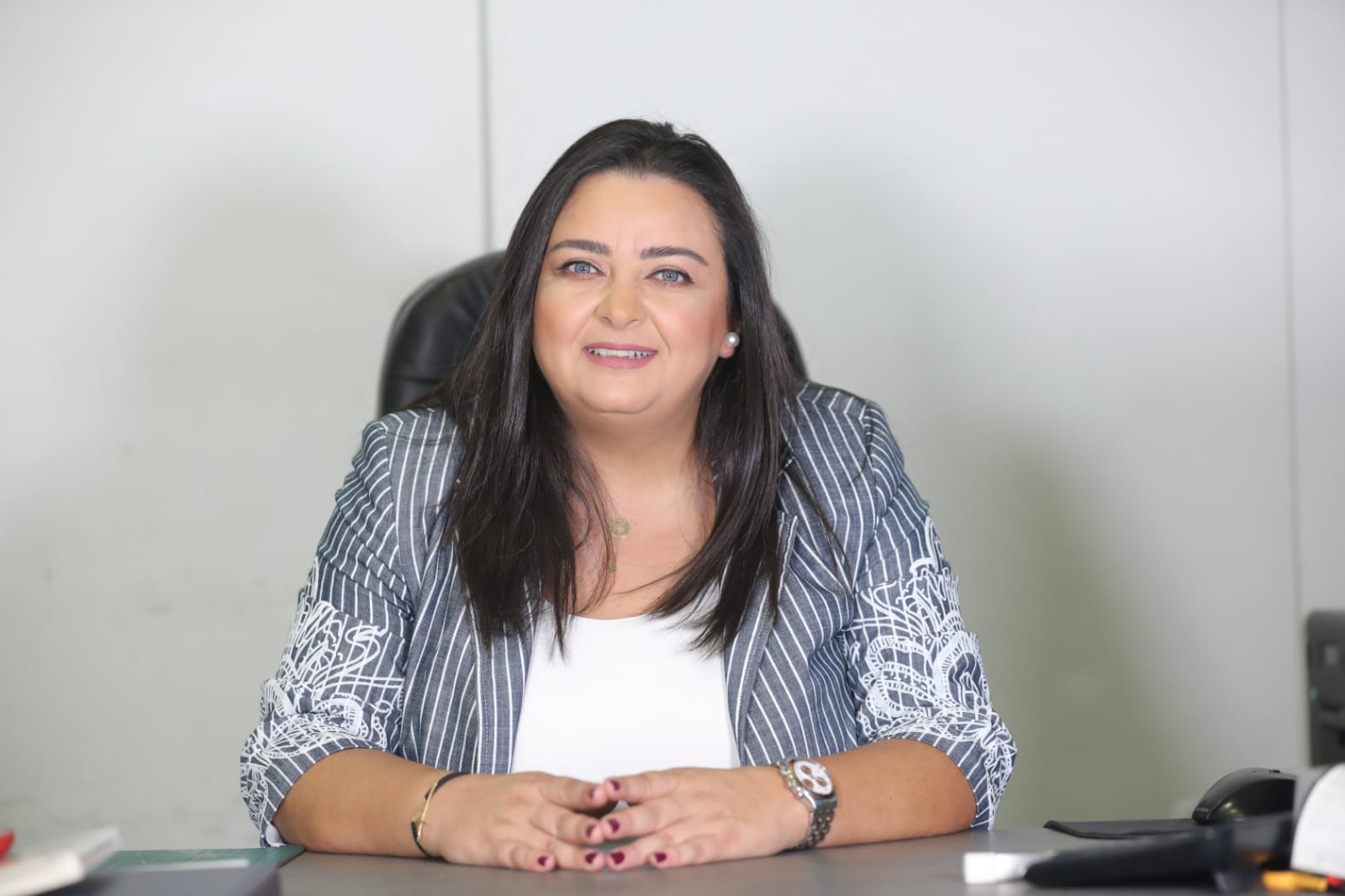Take Five: “The needs of everyone, and especially of women and girls, are exacerbated. Women now find themselves in charge of most, if not all”
Date:
Josephine Zgheib, PhD, is a long-time social and political activist from Lebanon. She is President of the Beity Association NGO, Secretary-General of the Lebanese Youth Hostels Federation, and Vice-President of the Arab Network for Social Accountability. Zgheib was elected to the Kfardebian Municipal Council in 2010 and re-elected in 2016. Zgheib has helped develop strategic development plans for several Lebanese and Arab cities, launched myriad social justice campaigns, and helped many associations institutionalize themselves. She is also now running for Parliament.

Have you faced challenges as a woman Municipal Council member?
I faced challenges when I was elected for the first time, almost 15 years ago now. The issue was not with me being a woman, but with the patriarchal view of society. I was the only woman working alongside 14 men on the Council. I had to raise my voice more to make myself heard. They wanted to limit me to heading the committee of Women’s Affairs, which was not granted real powers, but I pushed for and handled more complex committees, such as the Tourism Committee, and only achieved my bigger goal four years later by establishing the empowered Women’s Development Bureau, which set up a model that more than a dozen other municipalities followed. To this day, many still believe that women cannot take over core committees, like Public Works, as they consider that women lack the knowledge and skill to oversee construction works.
Today, I cannot claim that I still experience these difficulties given that I have made my presence and participation known and effective, but I am aware that other municipal councils still have such backwards thoughts and stereotypes on women being weak and unfit.
How has your experience in civil society contributed to your role as a Municipal Council member?
I was able to forge new partnerships and network with other organizations and stakeholders, such as our strategic partnership with the UN Women Women’s Peace and Humanitarian Fund. This collaboration enabled me and the team to develop solid insights, which I use to advocate for women’s causes in my role as a Municipal Council member. At Beity Association, we focus a lot on public accountability for better governance, so one of the first activities we carried out within the Municipal Council was to integrate accountability and governance into our planning and work.
Because I have an NGO with many women members seeking to have an active role in society, I pushed for and established the Women’s Development Bureau in the municipality in 2012, as a model for community participation in local development. More than 12 other municipalities across Lebanon have followed in our footsteps to establish such bureaus. So I cannot separate my work within the NGO from my role in the municipality.
How have your roles shifted in light of the escalating conflict and displacement in Lebanon?
It has had wide repercussions. People’s lives were turned upside down. We had to abandon our already-set methodological approaches to think of priorities we had not considered before. At the municipality, we worked on a solar farm to provide many houses with electricity. We keep thinking of how we can support all the displaced that our town is now hosting.

At Auberge Beity, after the initial humanitarian response and meeting people’s urgent need for shelter and food in the first week, we sought to preserve the dignity of the displaced. We focused on this by trying to provide each family with their own bathroom, to guarantee more privacy and comfort. We also ask locals and those working with us to use inclusive terminology and avoid pitiful terms when talking to or referring to the displaced. We also started exploring how the displaced view the host community.
How are you working to meet the needs of displaced women and girls?
The needs of everyone, and especially of women and girls, are exacerbated. The most basic example is sanitary pads and undergarments. … Women now find themselves in charge of most, if not all, day-to-day activities, from cooking to cleaning to doing laundry to caring for children and helping them with their studies. So women are tired, both physically and mentally. I noticed in the first week of us hosting the displaced that a woman would manually wash an entire family’s clothing, so I bought a washing machine to alleviate this burden.
When it comes to coordination efforts, as head of an NGO now managing one of the shelters hosting the displaced, I have communication lines open with the Internal Security Forces and the Governorate. We communicate our needs, lack of food or supplies, etc. There is also continuous coordination with various municipalities, the Lebanese Armed Forces and other NGOs.
What are you doing to amplify women’s voices and representation in decision-making?
In every radio or TV appearance, I shed light on the needs of women in shelters but also on their leadership. In Auberge Beity shelters, I have six women leaders with whom I coordinate the arrival and distribution of the aid, whether it is food or blankets or other items.
Putting these women in charge, whether displaced women or women from the local community, gives them more of a say within their families and communities and enables them to prove themselves and play an active role in management. I also support women to lead on dispensary visits, so they coordinate their family’s doctor appointments. I believe all this is part of my mission in life.